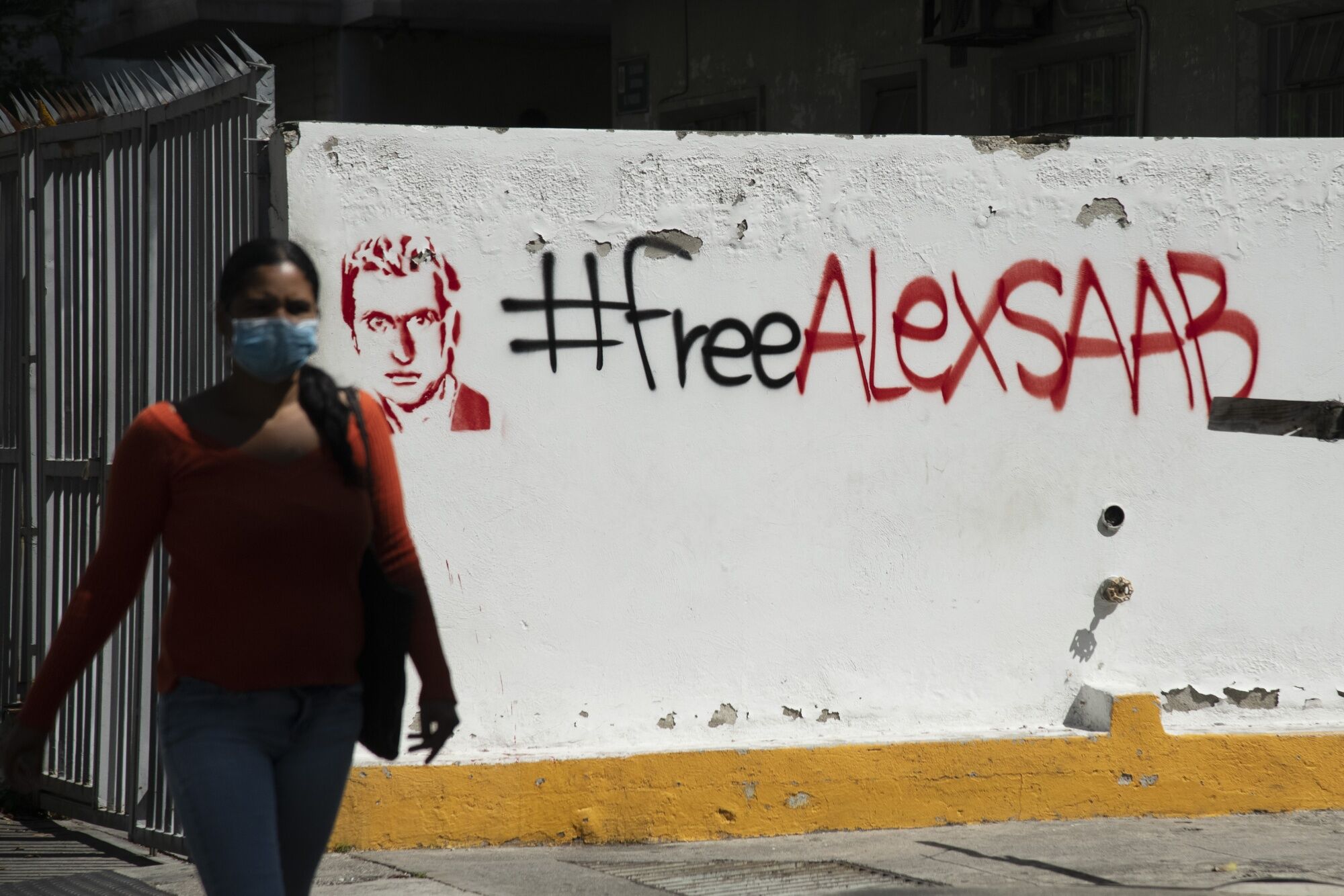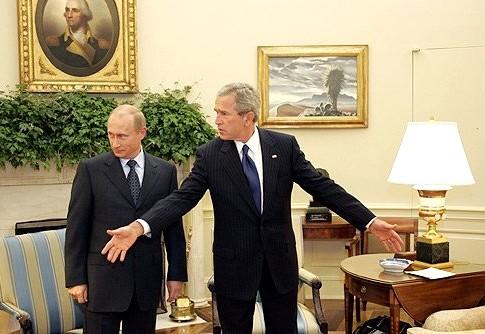Maduro Ally Facing U.S. Charges Loses Extradition Appeal
By- Cape Verde court rules Alex Saab can be extradited to the U.S.
- U.S. authorities accuse Saab of corruption, money laundering
A Colombian businessman close to Venezuelan President Nicolas Maduro can be legally extradited to the U.S., the top court in the Atlantic Ocean island nation of Cape Verde ruled.
The Constitutional Court rejected Alex Saab’s appeal, according to a ruling signed Tuesday by three judges and posted to the court’s website. Saab’s lawyers were fighting his extradition by arguing that an Interpol Red Alert for his arrest was only issued after he was detained.
Saab, 49, has been detained in the Atlantic Ocean archipelago nation since June 2020, when his private plane stopped to refuel while flying from Venezuela to Iran. A U.S. federal court in Florida has indicted him on money-laundering charges related to bribing Venezuelan officials. He has denied the charges through his lawyers.
Femi Falana, a counsel for Saab, said the almost 200-page judgment was unlawful and influenced by “political considerations.”
“We’re going to ask for a review of the judgment,” Falana said in a text message.
Saab’s lawyers had previously repeatedly claimed that his detention was illegal and politically motivated because of pressure from the U.S. government.
The defense team raised 12 points of unconstitutionality before the Constitutional Court, including the absence of an arrest warrant at time of Saab’s detention and the lack of an extradition treaty between the U.S. and Cape Verde. They also said Saab’s arrest violated his diplomatic immunity because he was acting as a special envoy for Venezuela when he was apprehended last year.
Life Sentence
Saab could face a life sentence in the U.S. if convicted, according to the defense.
In its ruling, the court unanimously rejected Saab’s arguments of unconstitutionality and found that the Cape Verdean government didn’t recognize Saab’s diplomatic status.
Saab could be handed over to the U.S. authorities as early as five days after the court’s ruling has been made official, according to Cape Verdean law.
Russia and Iran had referred to the U.S. extradition request as “illegal” and condemned Saab’s arrest on the “soil of a third country” while on a diplomatic mission.
“The practice of capturing citizens of other states, including the Russian Federation, in third countries on trumped-up charges by American law enforcement agencies, has become a notorious ‘calling card’ of the U.S,” a Russian Foreign Ministry official said in an Aug. 11 statement.
The U.K. government in July imposed sanctions on Saab and four other individuals accused of being involved in state corruption.
— With assistance by Nicolle Yapur, and Alex Vasquez


Keine Kommentare:
Kommentar veröffentlichen